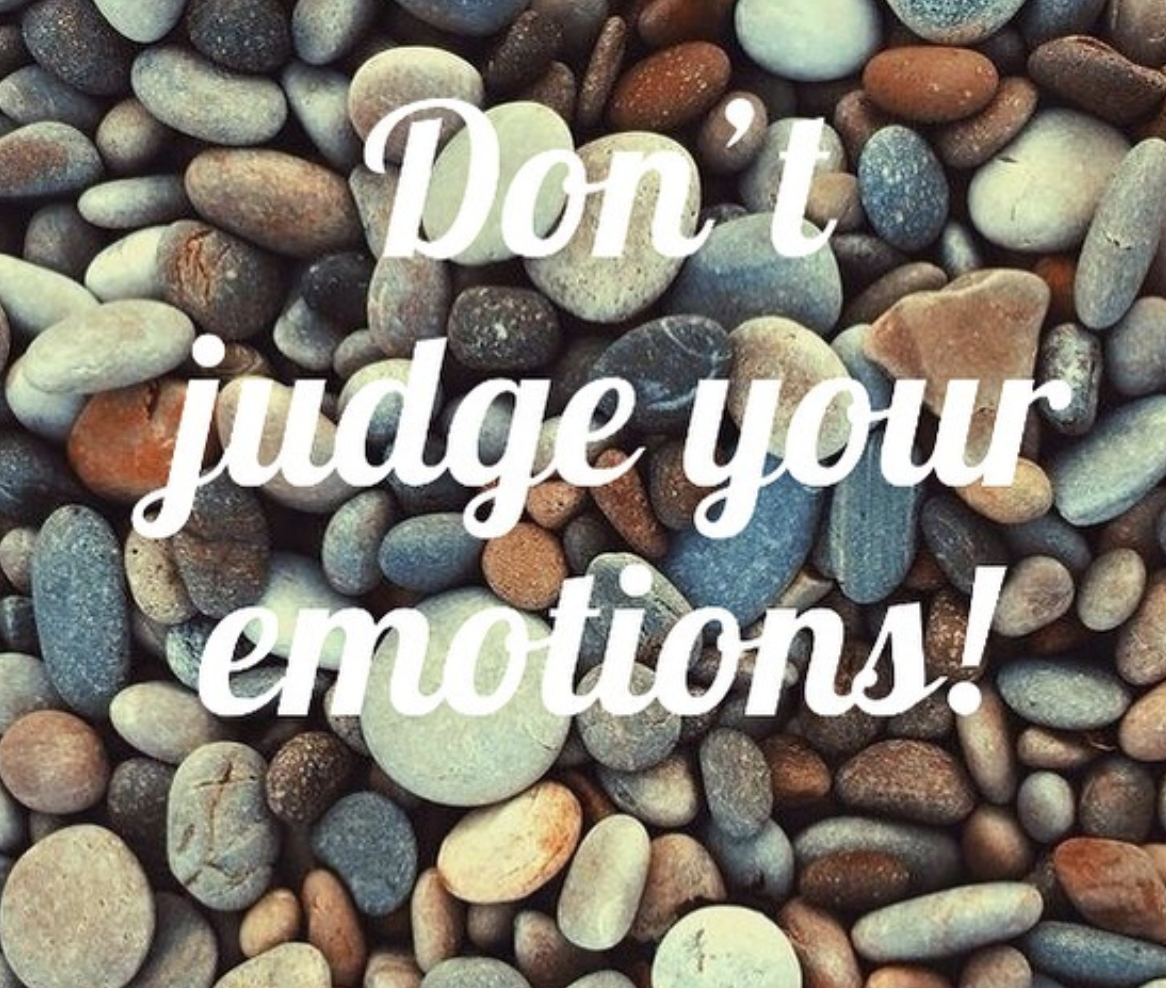
Don’t judge your emotions
May 11, 2020Our emotions rise and fall like waves. Sometimes they’re factual, e.g., we feel fear because there is actual danger, sometimes they aren’t. Emotions are part of what makes us human. But, sometimes, as a result of particular life experiences, we can develop negative views or beliefs about our own emotions. These beliefs can lead to judgements.
When we judge our emotions we generate additional emotions also known as secondary emotions. Secondary emotions compound our emotional experience and make emotional regulation more challenging. For example, if I feel sad and then judge my sadness as weak I may feel angry with myself. If I then judge my anger as dangerous, I could end up feeling fear. Now, I’m feeling sadness, anger, and fear. Notice how each of my judgments compounded my emotional experience. If I hadn’t judged my emotions, I’d just be feeling sad.
Not judging my emotions doesn’t mean I have to see them positively. I don’t have to feel happy about being sad, I just acknowledge it. It’s neither good nor bad. It just is. It’s also helpful to remember all emotions are temporary, lasting seconds to minutes.
The first step to practicing a non-judgmental stance towards your emotions is to develop a real-time awareness of your judgements. Mindfulness practice helps with this. You may notice that you are inclined to judge some emotions more than others. When you become aware of these judgments, try to let them go. This gets easier over time. You may find that as you practice nonjudgmental stance of your emotions, it’s easier to regulate them.
- 0 Likes

Dr. Lisa Napolitano is an expert in cognitive-behavioral therapy (CBT), dialectical behavior therapy (DBT), and other mindfulness-based treatments. A licensed psychologist in New York and Florida, she is the Founder and Director of CBT/DBT Associates, a boutique psychology practice group. Dr. Napolitano is an expert in the treatment of stress, anxiety, worry, and emotion regulation problems. She has specifically designed her treatment approach for executives, attorneys, and other high-functioning individuals whom she believes shouldn’t have to sacrifice their careers to manage their stress and work on developing their potential.
